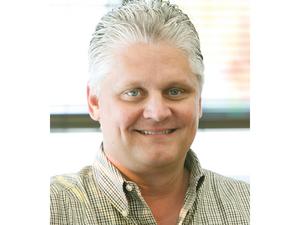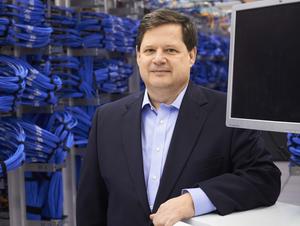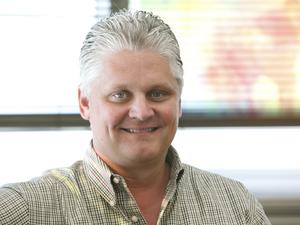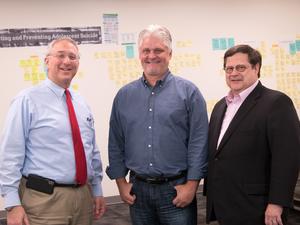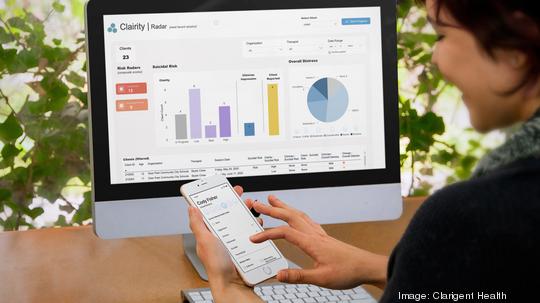
Clarigent Health, a Mason-based mental health tech startup, has officially launched its first commercial product, Clairity, an app-based listening tool that can help clinicians identify patients at risk of suicide.
The tool, an idea based off more than 10 years of research from Cincinnati Children’s Hospital, analyzes speech using artificial intelligence. That AI algorithm can identify vocal biomarkers that signal potential risks – cues that might be otherwise missed by humans.
The launch comes at a critical time, Margaret Walsh, head of business development at Clarigent Health, told me. There’s concern nationwide about a growing mental health crisis linked to months of stress, anxiety and isolation due to the Covid-19 pandemic. An increase in telehealth appointments also presents new challenges for mental health professionals who are trained to look for stress signals in a face-to-face environment.
“We’re starting to see even more mental health issues as folks are going back to school and back to work and as they deal all those types of stressors,” Walsh said. “We thought it was a relevant time to put something out there and bring hope.”
Walsh said Clairity works like an extra set of ears, almost like an Amazon Alexa but with a “mental health radar” that provides a near real-time assessment. Clairity can track vocal biomarkers over time. It offers clinicians insights and trends. Using the app, clinicians can quickly capture impressions and log key moments from a session with a couple of taps on the app.
“Obviously the clinician is an expert with years of experience. Our tool aims to what machines are really good at doing – which is remembering absolutely every word that comes out of someone’s mouth,” Walsh said. “It’s really hard for us as humans to capture all that. But what the AI also can do is to parse all that out and make sense of it and let us know when someone is approaching something that looks like a mental health risk.”
Clarigent Health has been testing Clairity in a variety of clinical trials and pilot studies, some of which are still ongoing, Walsh said. One partner is The Children’s Home in Madisonville, the largest school-based provider of mental health treatment services in Greater Cincinnati.
During that pilot, therapists worked in elementary, middle and high school settings in Southwest Ohio, using the mobile app to record sessions with students – a target demographic for Clarigent – to detect early indicators of suicide, violence and certain mental health disorders.
Other studies have tested the technology in hospital and emergency room settings.
“It’s the thing that keeps [clinicians] up at night,” said Walsh. “‘What if I let somebody go home who is approaching a crisis?’ ‘How do I know who those people are?’ They want a second set of ears, a backup, a safety net. In a way, this can be that sixth sense for them.”
Clarigent Health, formed in 2018 using technology developed at Cincinnati Children’s Hospital, was a double Courier 2020 Innovation and Technology Award winner. The company is backed a team of investors led by CincyTech.
